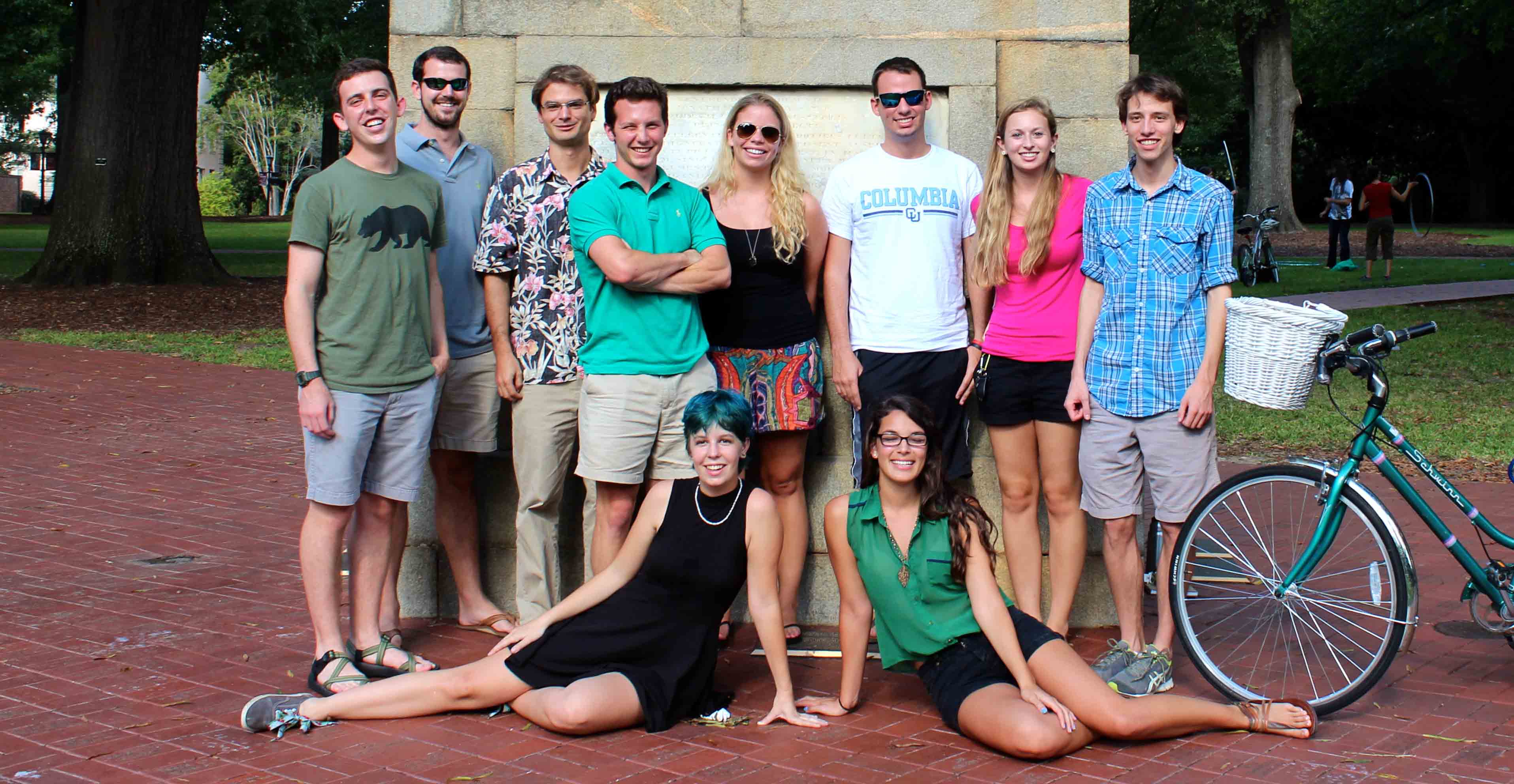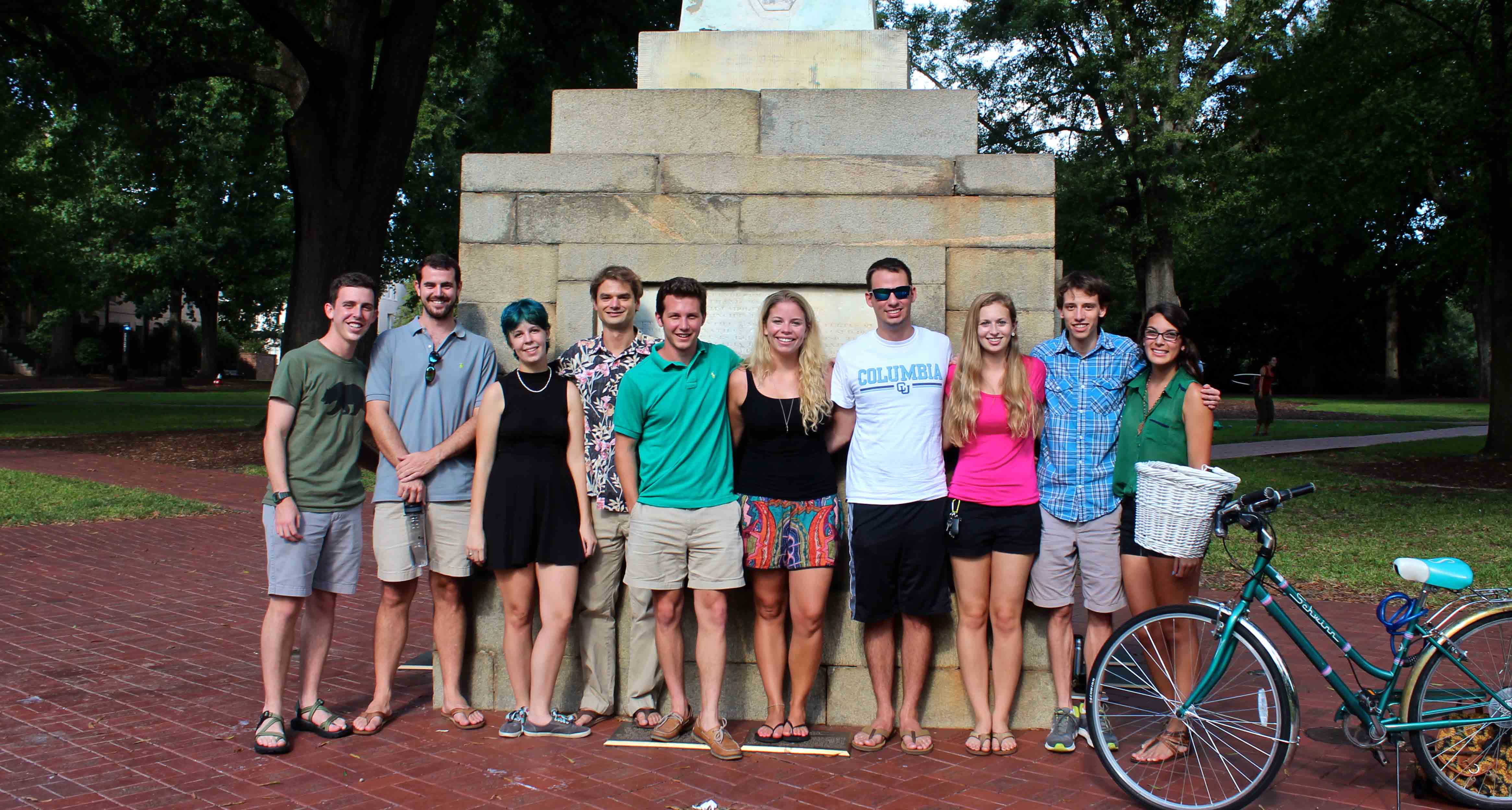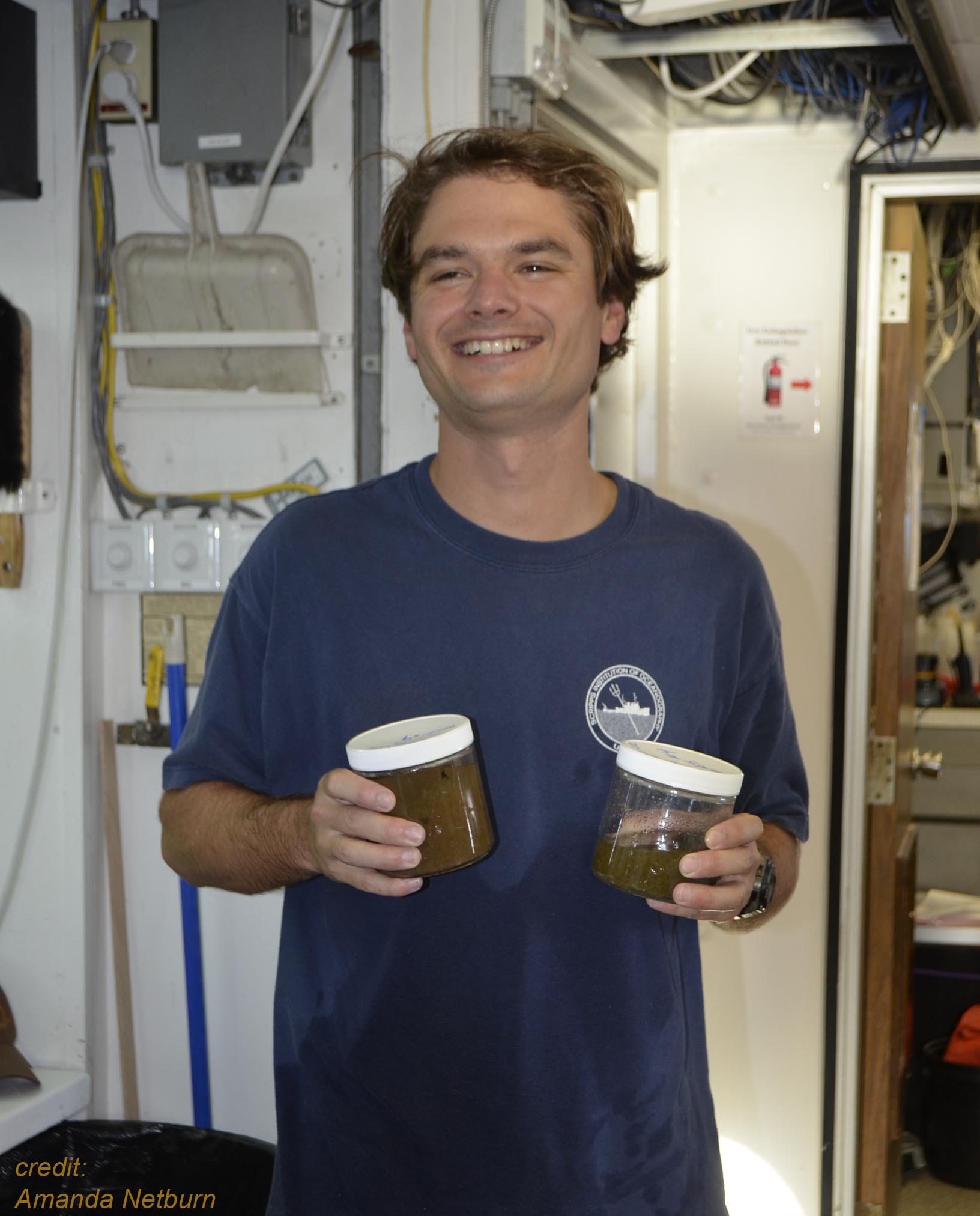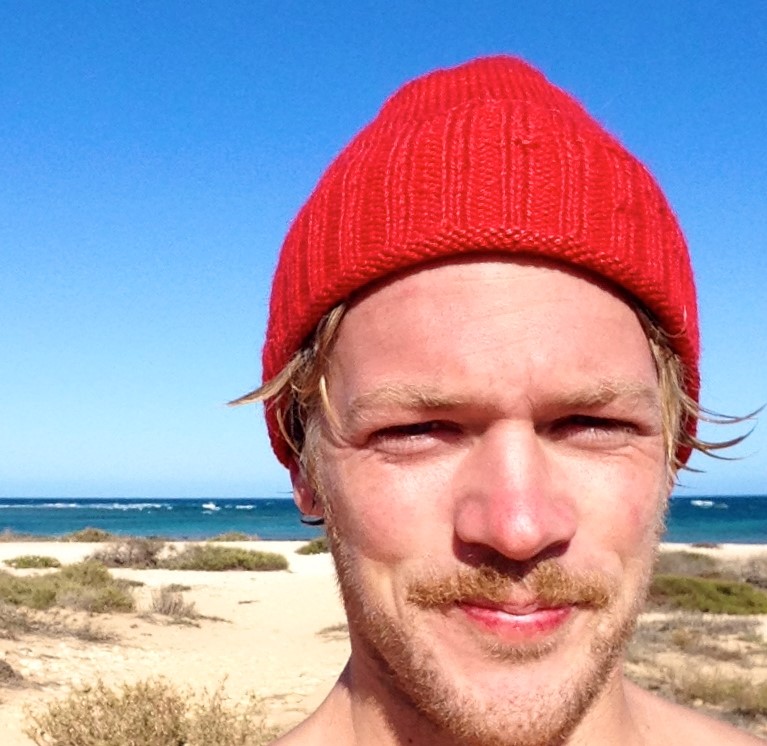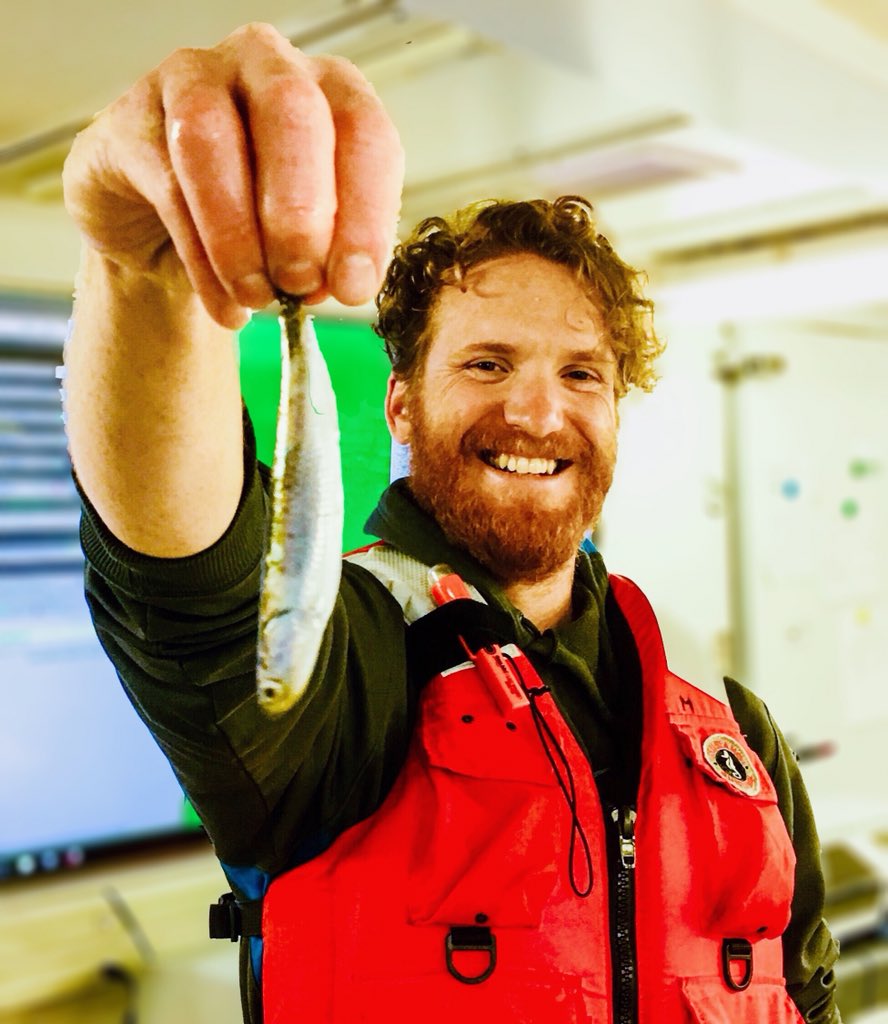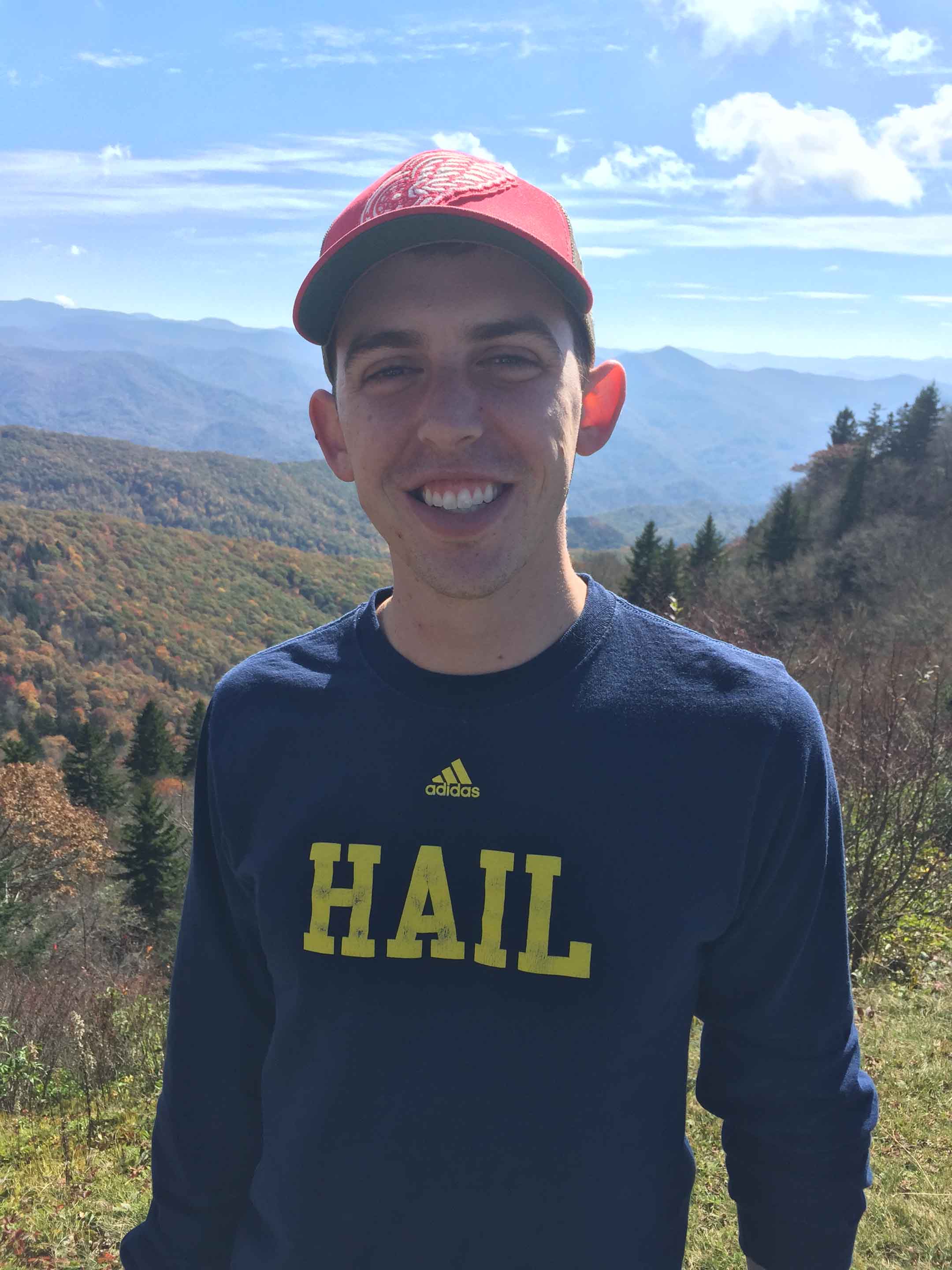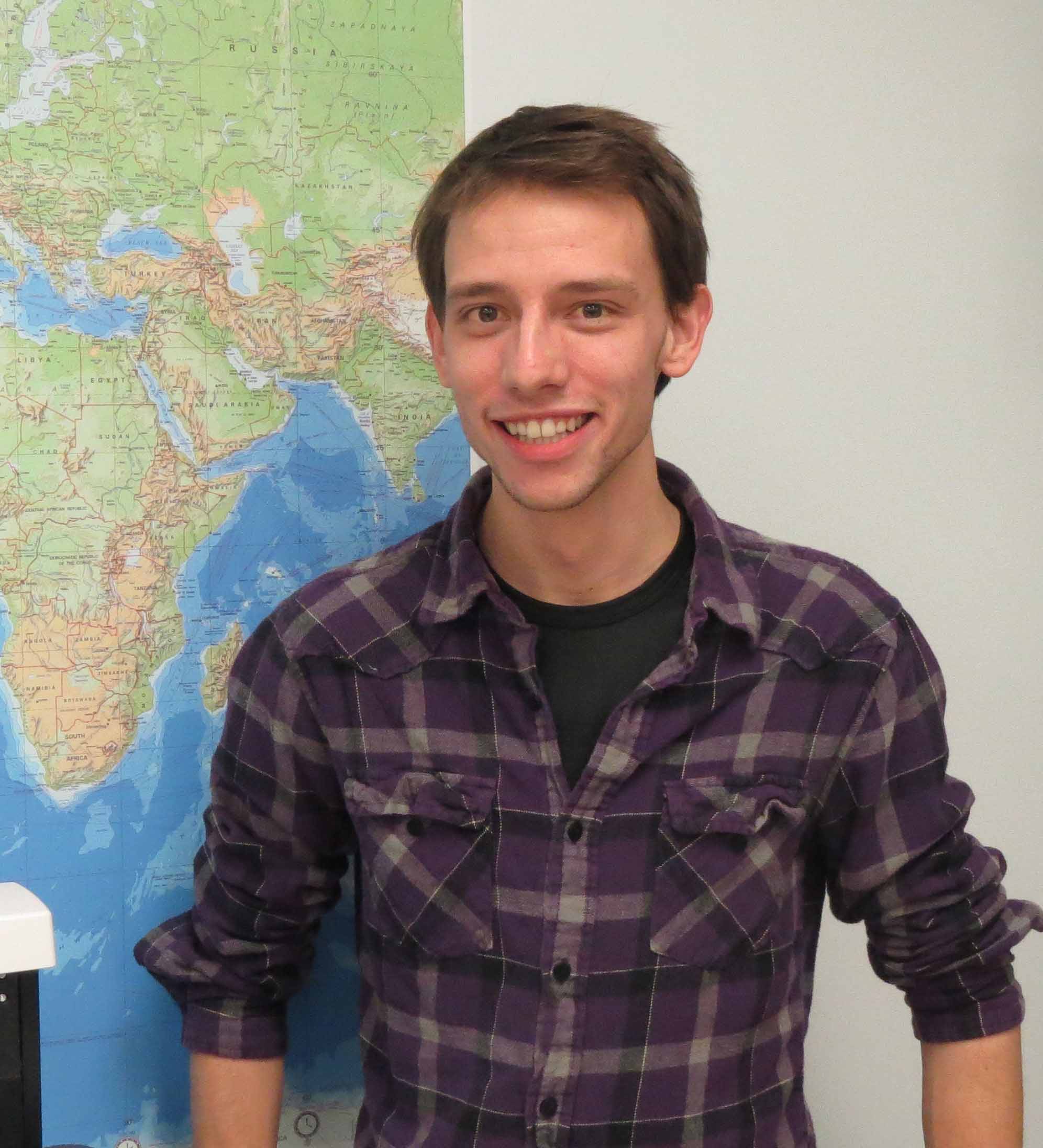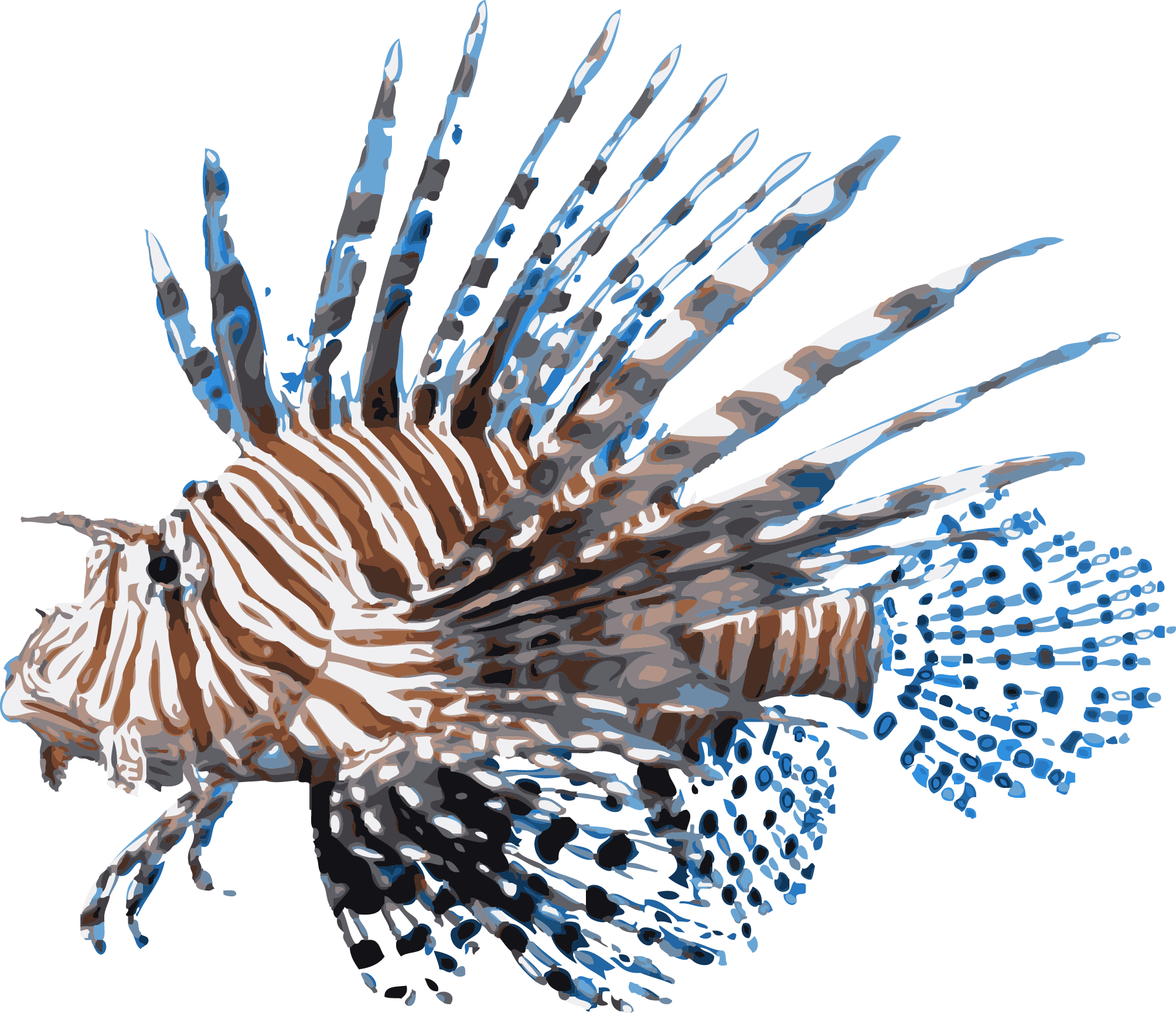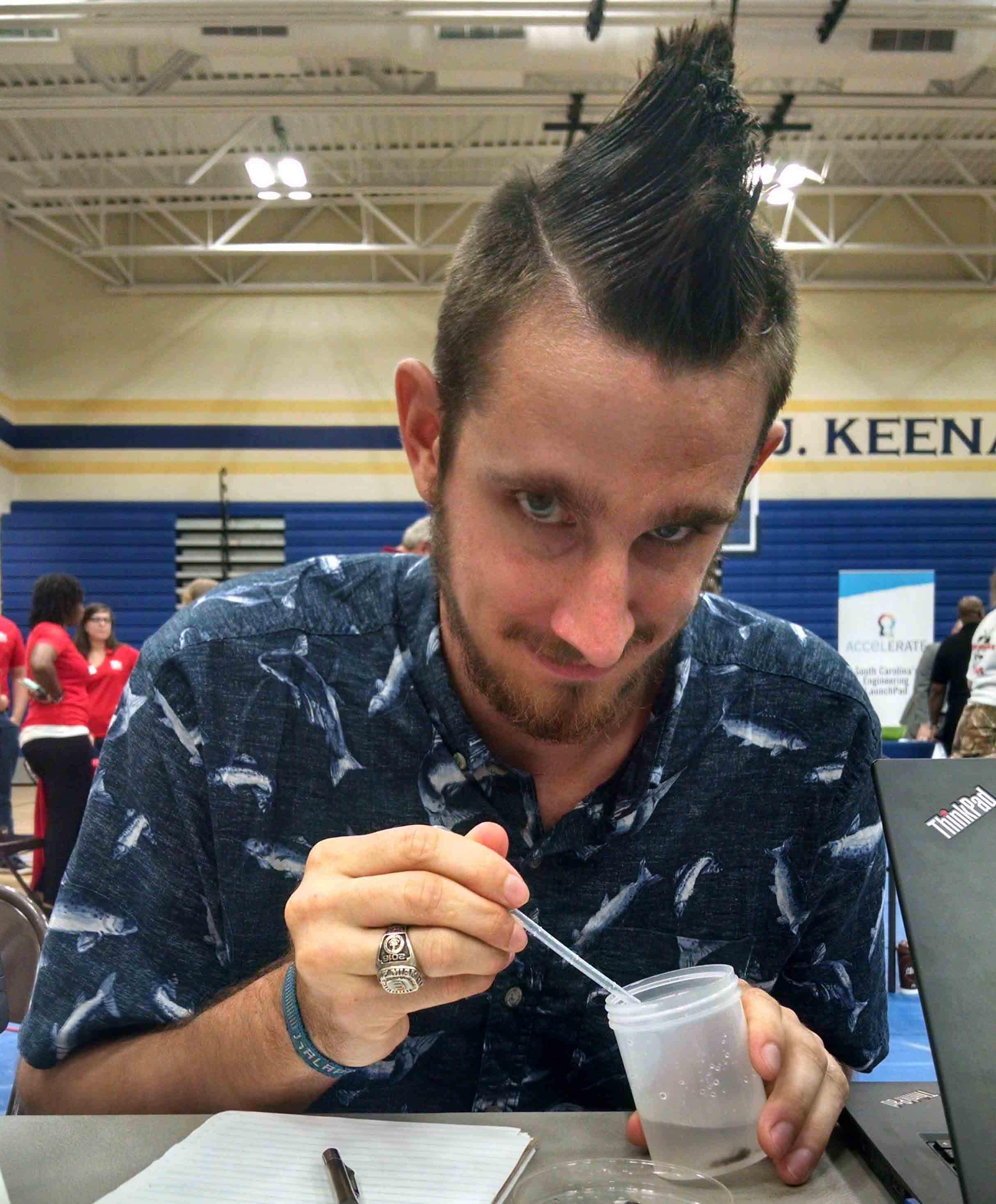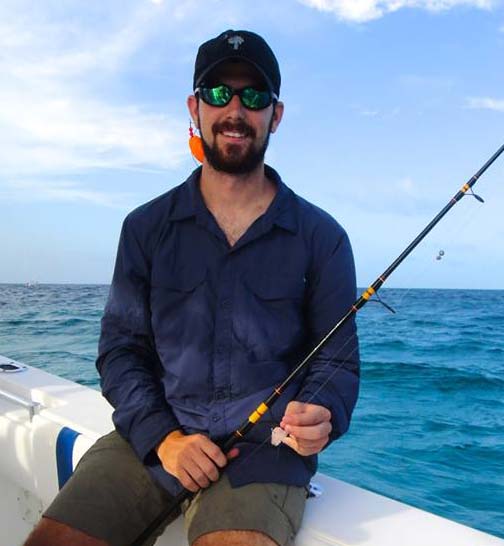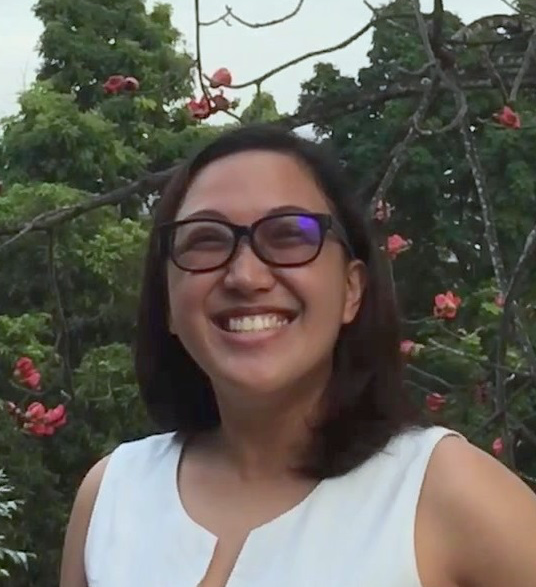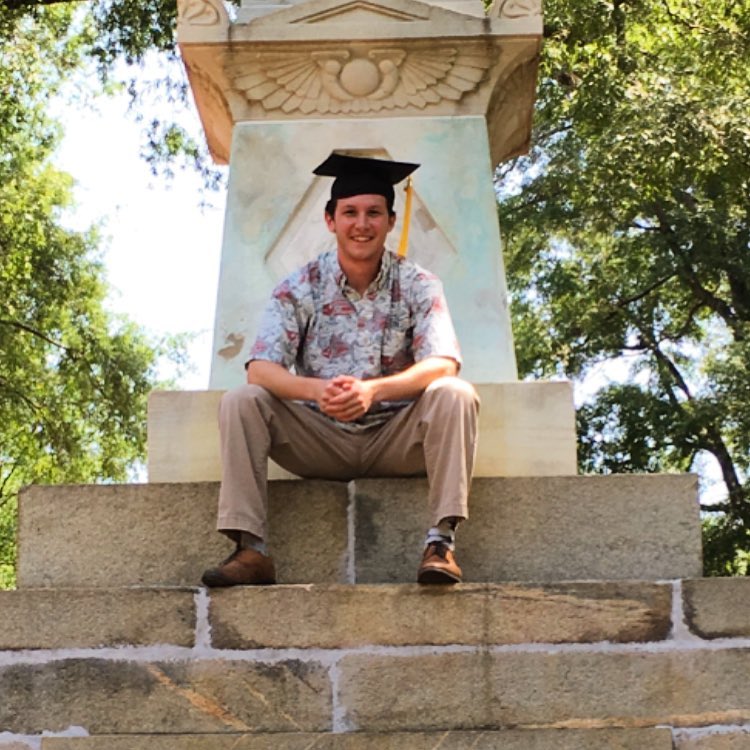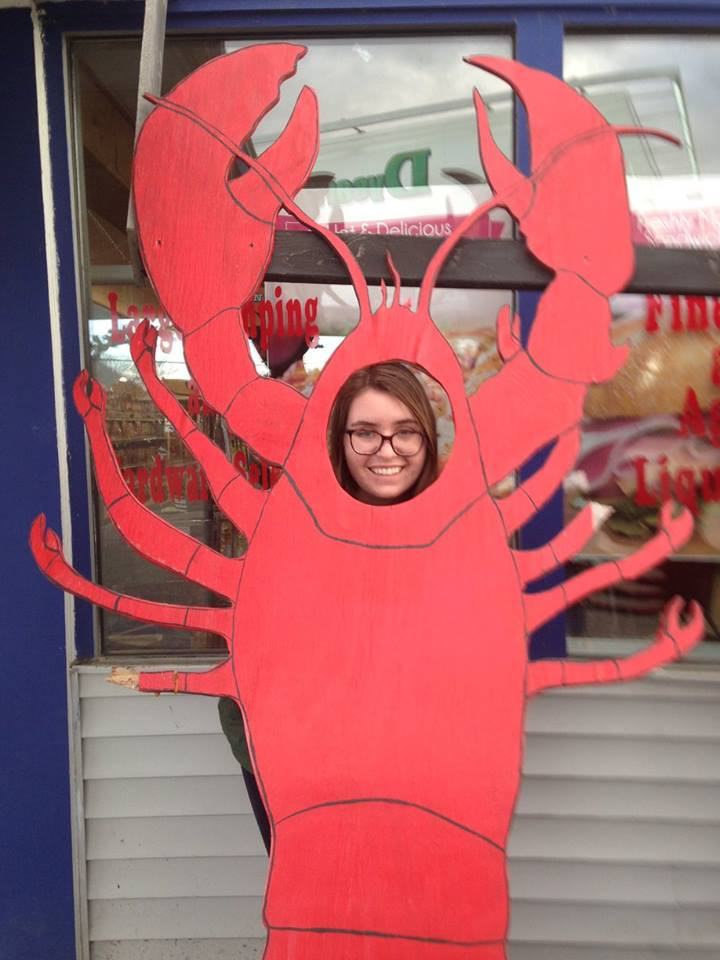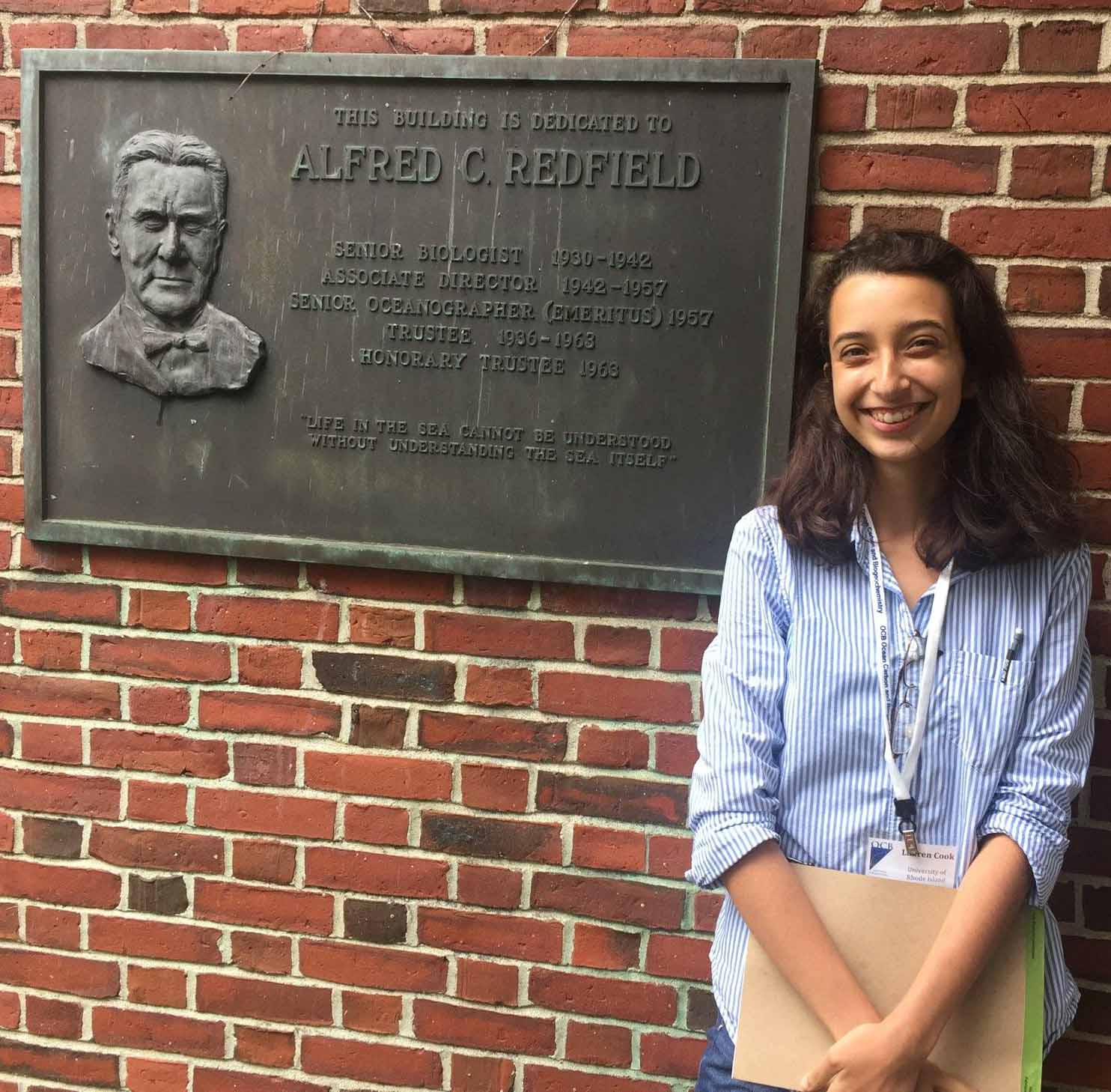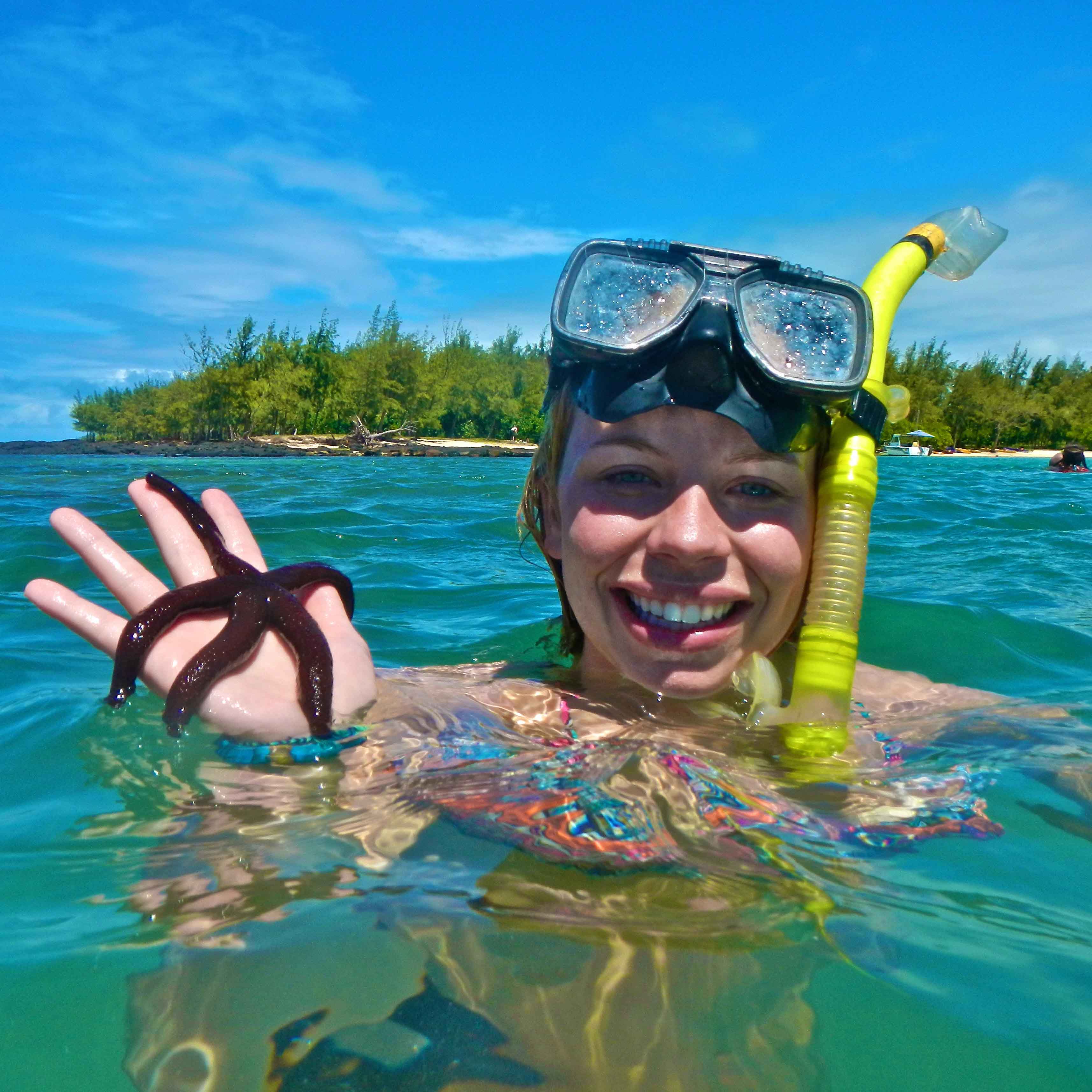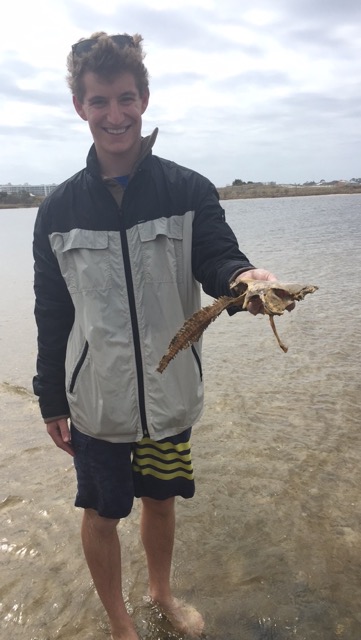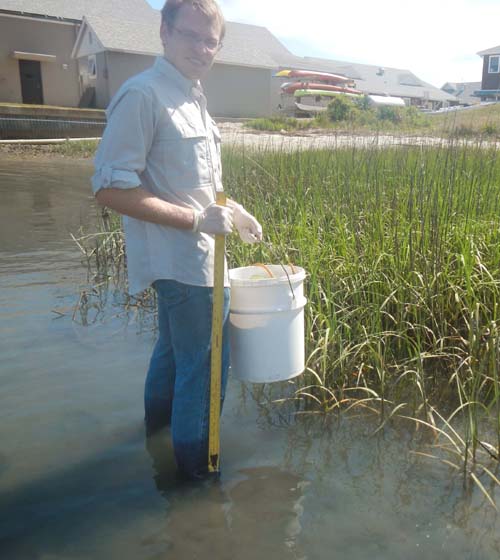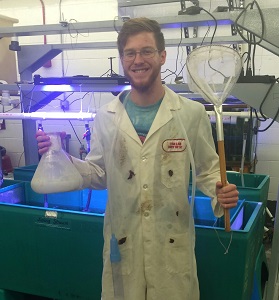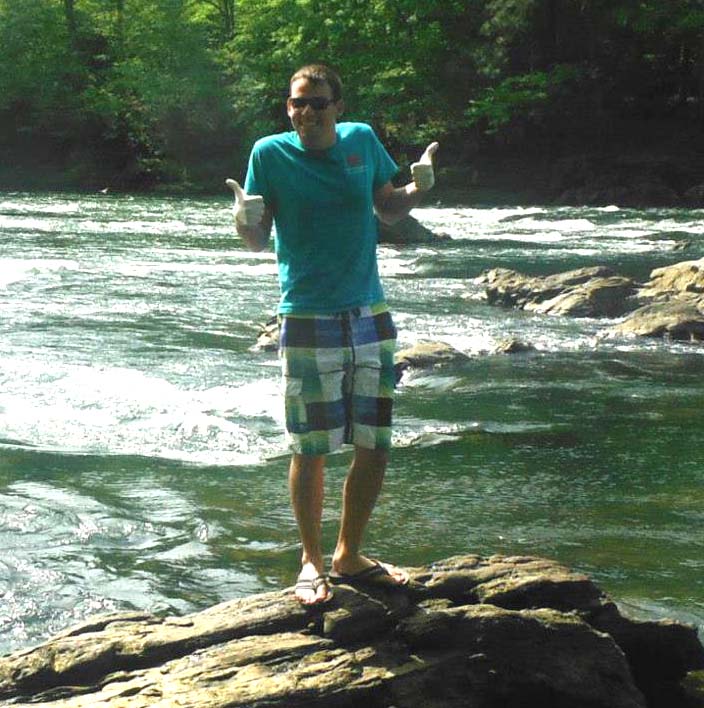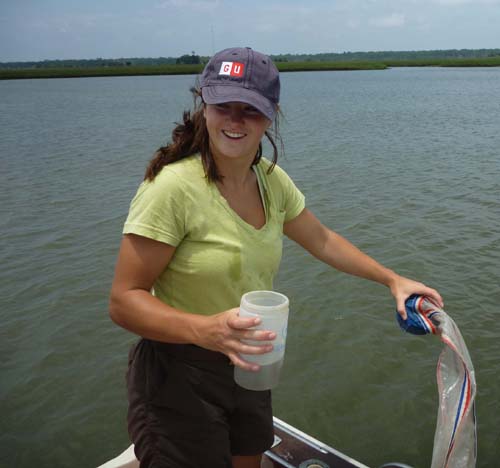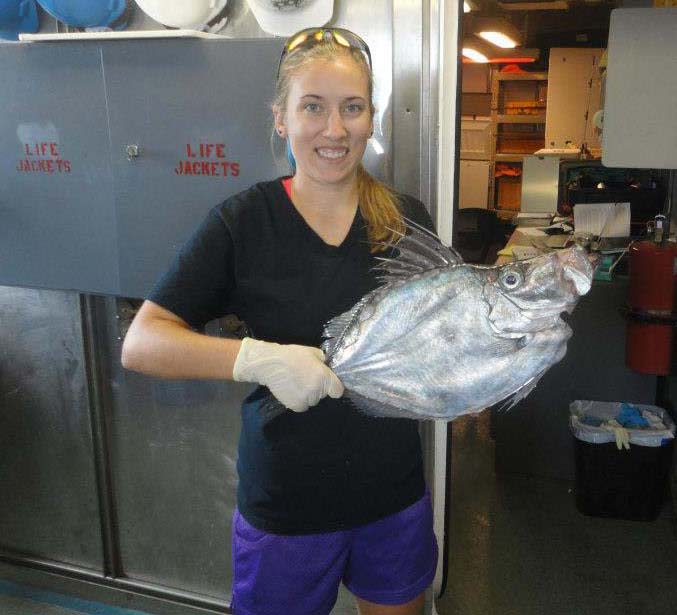|
Dr. Ryan Rykaczewski Principal Investigator
|
I investigate the ecological implications of climate variability--specifically the responses of marine fisheries and biogeochemical cycles to natural and anthropogenic climate changes. I am examining physical changes that are particularly robust in the projections of
atmosphere-ocean general circulation models (e.g., meridional shifts in zonal winds, increases in ocean stratification, and changes in phenology) and considering the consequences of such changes for living marine resources.
|
|
| Past lab members: | ||
|
Dr. Tyler Eddy Postdoctoral Researcher - Nippon Foundation Nereus Fellow
|
I am interested in the impacts of coastal resource use on marine ecosystems in the past, present, and future. I have participated in field expeditions to the Juan Fernández Archipelago, Chile, the Kermadec Islands, New Zealand, the Galápagos Islands, Ecuador, and throughout Atlantic Canada observing subtidal communities. I employ a range of ecological and statistical modelling techniques to understand relationships between fishing, climate change, and marine ecosystems. My work contributes to the fields of marine ecology, fisheries science and management, marine conservation, historical ecology, and climate change. I am a visiting scientist at the University of British Columbia, Canada and the Charles Darwin Foundation, Galápagos, Ecuador and the regional coordinator for FISH-MIP, based at the Potsdam Institute for Climate Impact Research (PIK), Germany. |
|
|
Dr. Brendan Turley Graduate Alumnus (PhD, 2019) |
I am interested in the dynamics relating marine organisms with their environment and how these interactions influence population biology. Of particular interest is the response by individuals and populations to the environment and the effect this can have on their distribution and productivity. Changing environmental conditions as a result of varying climatic conditions and anthropogenic-induced changes can influence the connectivity of populations, the general distribution of species, and the recruitment of new individuals to their populations. As climate change continues into the future, understanding how populations respond is important for monitoring and management. Brendan answers some questions from the media about recent humpback whale sightings off our Carolina coastline in this local news clip. |
|
|
John Bartlett Graduate Alumnus (MS, 2015) |
My research is primarily focused on using satellite-derived wind (QuikSCAT) and chlorophyll-a (MODIS/MERIS/SeaWiFS) datasets to investigate the ocean's biological response to high frequency wind events in the California Current System. As a side project with Dr. Benitez-Nelson, I am assisting with a geoscience education study that aims to assess how effectively common climate change misconceptions are conveyed to majors (MSCI 101) and non-majors (MSCI 210) within the Introductory Marine Science courses at USC. |
|
|
Brian Grieve Graduate Alumnus (MS, 2015) |
I am interested in how invasive species will respond to climate change in the marine environment, particularly processes influencing the distribution of the invasive Indo-Pacific lionfish (Pterois volitans), in the Western Atlantic and Caribbean Sea. I am currently attempting to map the future geographic distribution of lionfish under different CO2 emissions scenarios using bottom water temperature projected by a suite of IPCC-style atmosphere-ocean models and knowledge of the fish's physiological thresholds. I am also interested in the effects of lionfish on natural fish communities and whether protected areas can act to mitigate marine invasions. |
|
|
Michael Opiekun Graduate Alumnus (MS, 2018)
|
I have broad interests in the interactions of pelagic marine populations with their environment and other components of the community, including predator-prey interactions, biogeography, and population dynamics. I am currently exploring the relationships between salmon production and climate variability in the Gulf of Alaska. |
|
|
Steven Vega Graduate Alumnus (MS, 2015) |
My overall goal is to describe and show the phenological implications of climate change on fish and zooplankton assemblages within a coastal estuary. I explored the relationship between the phenology of zooplankton assemblages and the survivorship, growth, and recruitment of larval fish within North Inlet Estuary by utilizing long-term (30-year) data sets collected by scientists at the Belle W. Baruch Institute in Georgetown, SC. |
|
|
Dianne Deauna Former Graduate Student
|
I'm interested in looking at the variability at different scales of oceanic conditions in upwelling areas. To that end, I've used observational data gathered from cruises, and also satellite and model data to look at variability along longer time scales. Such data may eventually be used to inform fisheries management policies for sardine species which are prevalent in upwelling areas. |
|
|
Riley Brady Former Undergraduate Research Assistant (BS, 2016)
|
I analyzed output from global climate models to investigate future responses of ocean ecosystems to climate change. In this process, I used modeled wind stress, surface pressure, and surface temperature to consider the effects of carbon emissions on major eastern boundary current upwelling systems over the next 100 years. See Brady et al. (2017) in GRL for a discussion of some of the results of this work for the California Current. Riley was recently awarded a prestigious DOE Computational Science Graduate Fellowship. Linked here is a USC article on his award. Riley is currently a Ph.D. student at the University of Colorado Boulder. |
|
|
Casey Brayton Former Undergraduate Research Assistant (BS, 2018)
|
Current Research:
The intricacies of the ocean environment and its role in the climate system amaze me. I am majoring in Marine Science and Geophysics, and I aspire to understand how human activities change climate, our oceans, and human society. Although my studies are focused on the quantitative aspects of oceanography, I am also passionate about science communication and its ability to affect ocean and climate policy. In Dr. Rykaczewski’s lab, I am exploring the relative roles of wind-stress variability, alongshore advection, and coastal waves as factors inducing change in the California Current during anomalous events such as El Niño. Casey was awarded a prestigious Morris K. Udall Undergraduate Scholarship in 2017. See a press release about her scholarship here: USC Press Release. |
|
|
Lauren Cook Former Undergraduate Research Assistant (BS, 2019)
|
Current Research:
I have been working in Dr. Ryan Rykaczewski’s lab learning scriptwriting and matrix manipulation in MATLAB. Being able to use that software to analyze data and test various factors on populations is a staple of the field, especially since in situ testing is difficult due to the sheer size of the environment marine fishes live in, and the constant variability and unpredictability of the atmospheric environment that influences these ecosystems. |
|
|
Viki Knapp Former Undergraduate Research Assistant (BS, 2015) |
I considered the spatial variability in the open-ocean carbonate system and the deviations between pH resulting from increased carbon-dioxide concentrations and that projected from coupled atmosphere-ocean general circulation models. Viki earned her MPS from the University of Miami's Rosenstiel School of Marine and Atmospheric Science in 2016 and is currently a broadcast meteorologist. |
|
|
Lev Looney Former Undergraduate Research Assistant (BS, 2019)
|
I am evaluating model output data to explore the impact of climate change on the atmospheric processes influencing marine ecosystems. More specifically, I am interested in the effect of El Niño on upwelling in the California Current. I am comparing the wind stress and upwelling anomalies associated with El Niño to those of climatologically "normal" years. |
|
|
Craig Raffenberg Former Undergraduate Research Assistant (BS, 2014) |
I worked with Dr. Rykaczewski to examine relationships among long-term changes in epibenthic zooplankton phenology and physical and chemical properties of the North Inlet/Winyah bay estuary. We are exploring the possibility that phenological shifts may have significant consequences for estuarine populations under conditions of future climate change. Craig's presentation won First Place in Environmental Sciences at USC's 2014 Discovery Day. Craig is currently a Ph.D. student at the University of Miami's Rosenstiel School of Marine and Atmospheric Science. |
|
|
Cameron Schuster Undergraduate Research Assistant (BS, 2017)
|
I am interested in the physical processes of the ocean that affect particle transport across the shelf break. My research focuses on using modeled wind and wave data to examine the effects of Stokes drift on the advection of menhaden larvae in the South Atlantic Bight. I am attempting to relate the patterns obtained in my research to analyze in reference to ichthyoplankton samples measured in coastal estuaries. |
|
|
Connor West Former Undergraduate Research Assistant (BS, 2016)
|
The work that I performed in the lab was related to spatial and temporal coherence of chlorophyll-a concentrations using 10 years of SeaWiFS satellite imagery. We hope to gain a better understanding of the large-scale and long-term changes in ocean chlorophyll by exploiting limited observational datasets. |
|
| Shannon Amiot
Former NSF REU Summer Intern
|
I analyzed information stored in 200,000 images from plankton samples collected off the coast of California. I looked at the variation in the size spectra of zooplankton taxa and compared them with the nutrients transported by upwelling off of California's coast. We hope to relate our findings to the changing locations of upwelling around the world. |
|
|
Naomi Shelton Former Laboratory Technician
|
My primary research interests include the analysis of zooplankton samples collected off the coast of California. These samples will give us an insight into changing zooplankton composition and abundance under variable physical conditions. I also am working to create an optical scanner for zooplankton samples. |
|
